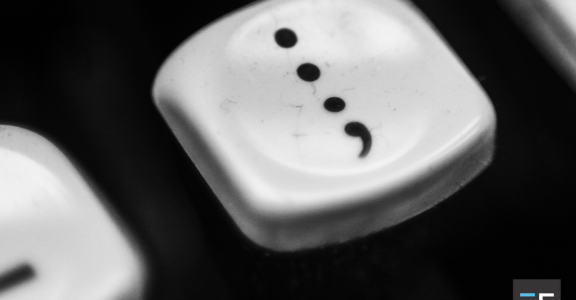 “Principal” and “principle” are two similar terms that are very easy to confuse, and even experienced writers sometimes mix the two words up. In this article, we’ll examine the “principle vs principal” conundrum.
“Principal” and “principle” are two similar terms that are very easy to confuse, and even experienced writers sometimes mix the two words up. In this article, we’ll examine the “principle vs principal” conundrum.
Defining “Principal”
“Principal” can be used as a noun and as an adjective. When used as a noun, “principal” means the head or the chief of something. In American English, the word usually refers to the head, or principal, of a school and can be used as either a general noun or a title:
- The principal of the elementary school was glad summer had finally arrived.
- Principal Mickelson and I had a fractious relationship when I was in high school.
- Ms. Jones is now the principal of the ballet company.
“Principal” can also be used as an adjective, meaning main or most important, or highest in rank or importance:
- Relaxation was his principal goal over the summer.
- Tardiness was my principal failing in high school.
- Ms. Jones is the principal dancer in the ballet company.
“Principal” has a different meaning in finances, where the word refers to money loaned or invested before interest is applied.
- In the early years of a loan, more of your monthly payment goes toward interest payments rather than the loan principal.
- I had an extra $200, so I used it to make an extra payment on my car loan’s principal.
When to Use “Principle”
While “principal” can be both a noun and an adjective, “principle” is only used as a noun. “Principle” may be defined as a fundamental idea or belief or a rule of conduct. The noun usually has a moral connotation to its use, as rules of conduct and beliefs influence how people behave.
“Principle” can be used to indicate a fundamental belief or idea as follows:
- Try as he might, my math teacher never could teach me the basic principles of algebra.
- The lawyer was disbarred for violating the fundamental principles of his profession.
- “First, do no harm” is the founding principle of modern medicine.
Examples of “principle” as a moral belief that influences behavior include the following:
- Even when threatened with death, he refused to abandon his nonviolent principles.
- Mr. Hyde’s low moral principles contrast with Dr. Jekyll’s idealism.
- I won’t steal from anyone. It’s against my principles.
As you might guess, “principle” and “principal” derive from the same source, the Latin princeps, meaning first or original. “Principle” and “principal” didn’t come to English directly from Latin, however. The two words were adopted from different French sources and entered English at different times and as distinct words.
Resources
http://www.dictionary.com/e/principal-vs-principle/
http://grammarist.com/spelling/principle-principal/
http://blog.oxforddictionaries.com/2011/08/principle-or-principal/








